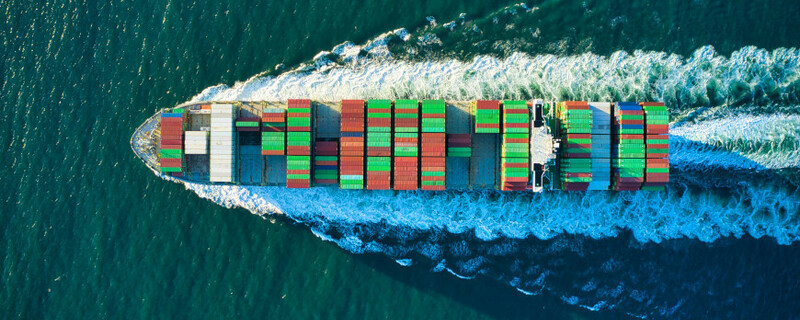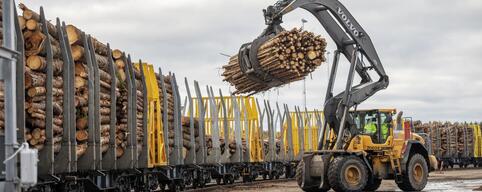

The Swedish forest industry is facing major logistical problems due to Houthi attacks on merchant ships in the Red Sea, leading to supply uncertainty and rising costs. Sweden, a major player in the global forest products market, is 80% dependent on international markets. The growing threat to security of transit through the Suez Canal is forcing the industry to look for alternative routes.
Experts such as Christian Nielsen have expressed concern about rising costs and logistical obstacles. It warns of possible container shortages and delays that could significantly slow down deliveries. While there is now excess offshore capacity and low tariffs, long-term problems could increase costs and uncertainty for the industry and its customers.
Manufacturers are considering options to share additional shipping costs with customers, but are already facing falling profits and high production costs. The lack of alternative sources of imports may affect prices of finished products in Asia. Shipping disruptions could also increase demand for paper in Europe, affecting imports from Asian producers.
Nielsen is confident that the main impact will be felt by customers in Asia, not within Sweden. The industry requires sustainable and secure global logistics to maintain the flow of products to global markets. Dependence on the Suez Canal highlights the need for alternative shipping routes and security investments to ensure continued supply of these important environmental products.



